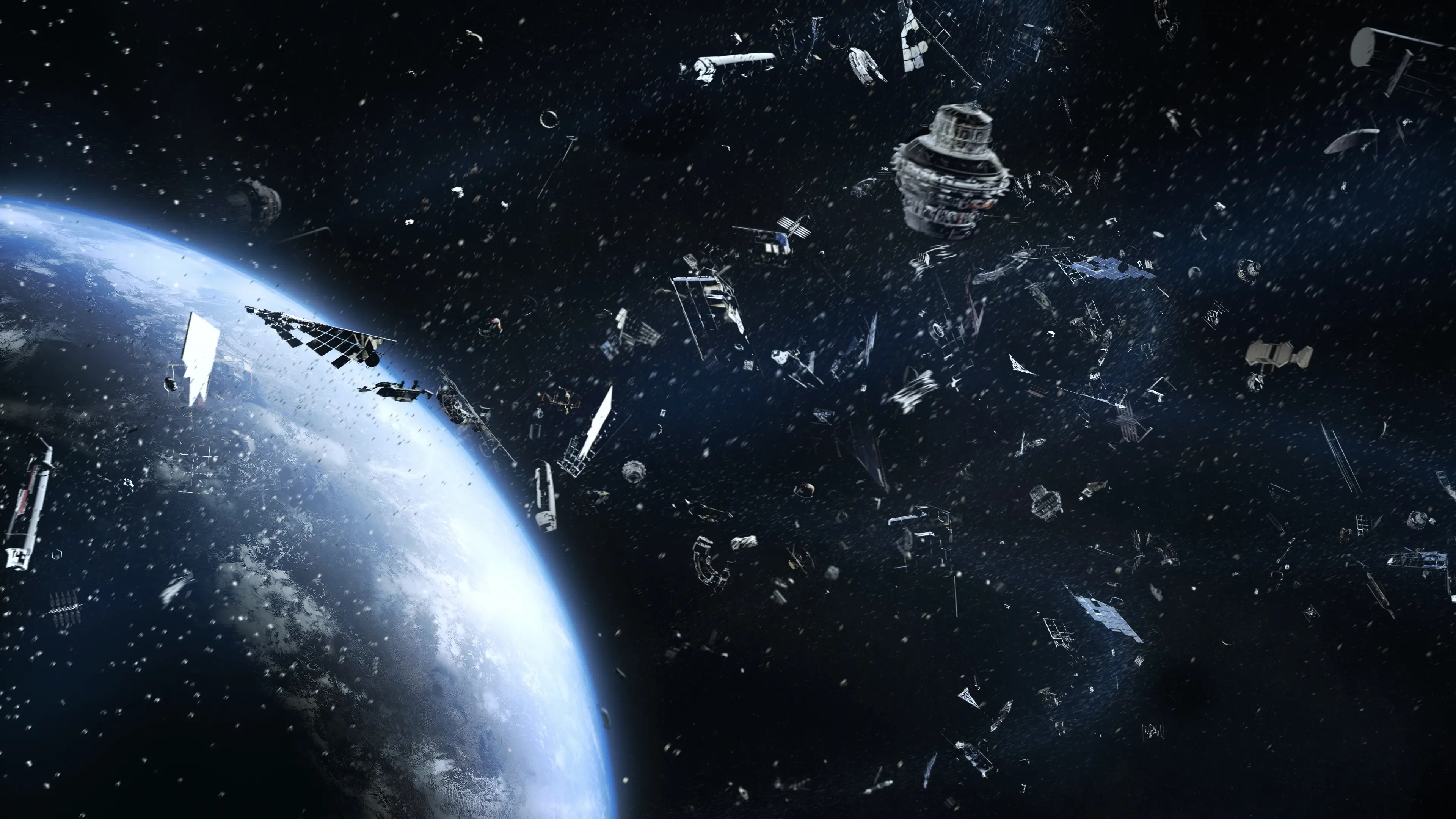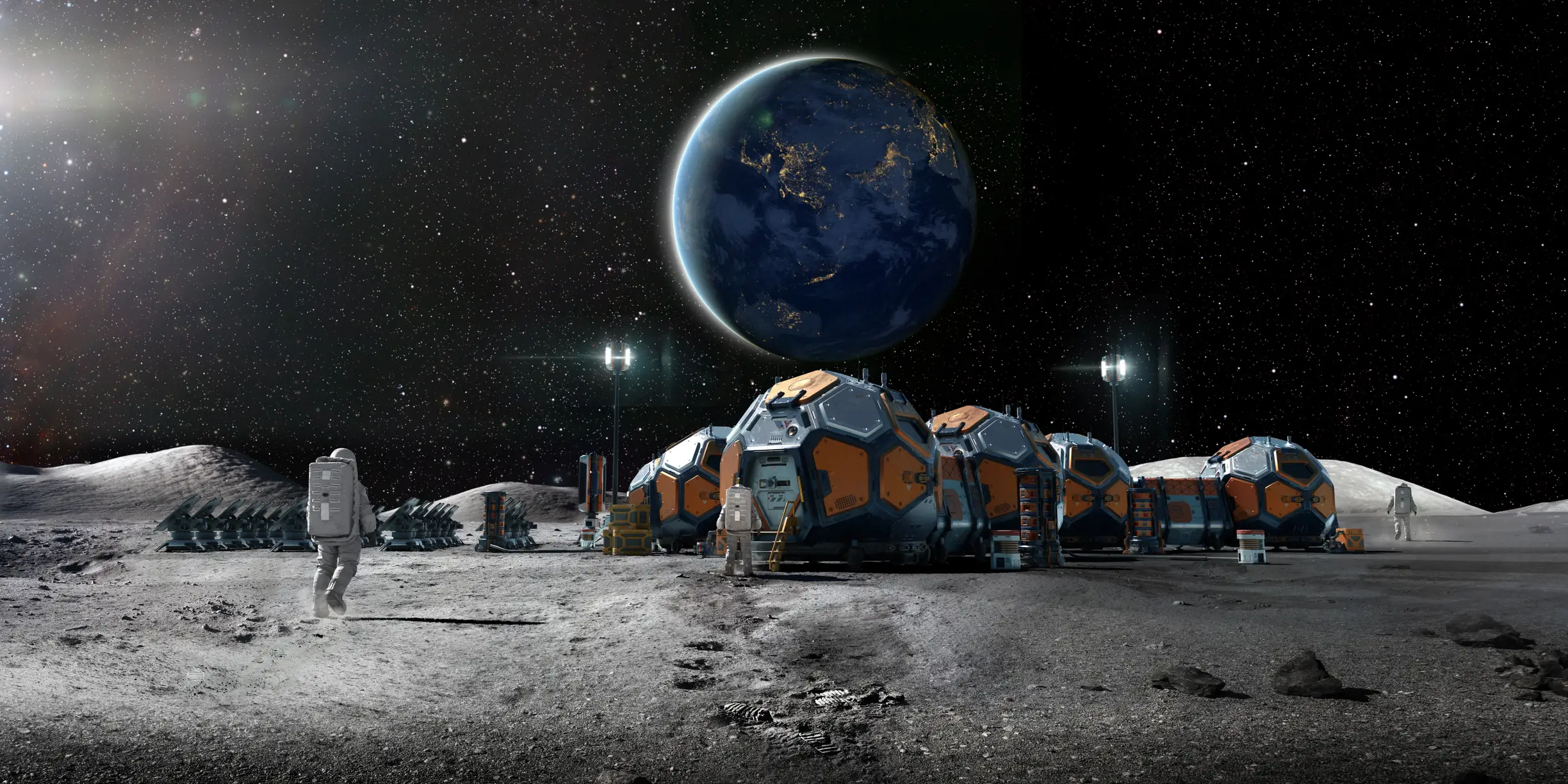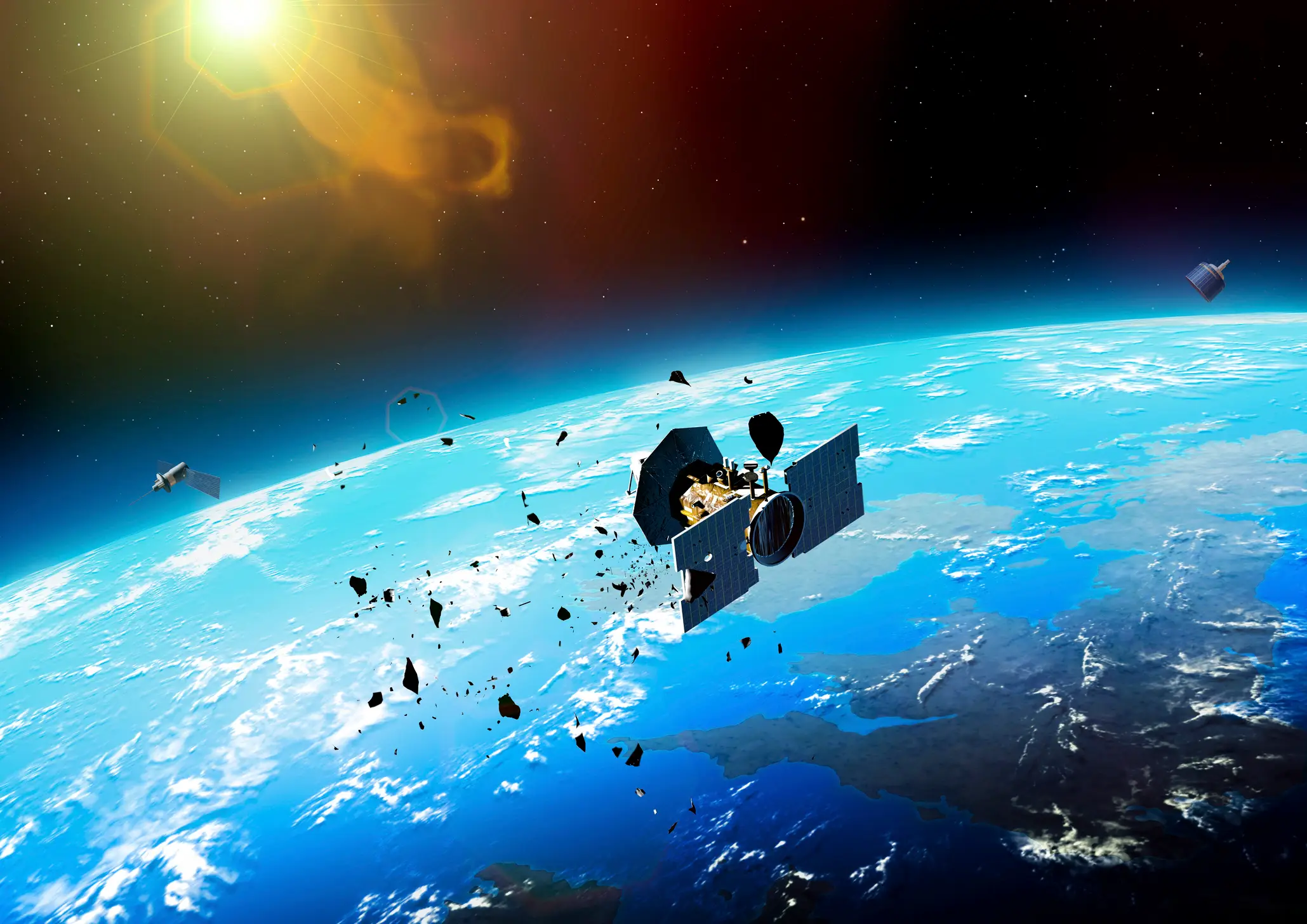
NASA is offering a $3 million (£2.3 million) reward for someone who comes up with a solution to getting rid of waste in space.
Humans are a messy species at the best of times and if we're ever going to set off among the stars and live beyond the confines of our planet we need to learn to clean up after ourselves.
As such, NASA has launched a campaign called LunaRecycle which has challenged bright minds to work out how waste disposal on a hypothetical moon base would work without having to ship it all back to Earth.
See, waste on the International Space Station is bagged up and put on a ship for storage before being returned to Earth or burned up in our planet's atmosphere, but that's not going to work for a moon base when our planet is so far away and we'd need a steady stream of spacecraft just to pack away all the rubbish we generate.
Advert
All of the packaging supplies must come in, the food wrappings, old clothes, it'll soon pile up and the folks who may one day live on the moon will be up to their necks in rubbish, and the world needs bin boffins to come up with a solution.

People looking to crack the LunaRecycle challenge will need to figure out how to dispose of waste or recycle it without incinerating it, and if a solution can be found then it solves a major aspect of living beyond Earth that you might not have anticipated.
When we think of establishing bases on the moon we rarely put much thought into who's going to take the bins out.
Unfortunately, the issue of waste in space is already a massive problem due to something called the Kessler syndrome, which is a huge threat to our interconnected world.
So much of our life relies on technology that relies on the various satellites we've put into space, but over the years it's become quite crowded up there with all the various bits of tech we've sent into orbit and the debris from the things we aren't using any more.
Back in 1978, NASA scientists Donald Kessler and Burton Cour-Palais came up with the theory that the more objects we put into space the higher the risk of a collision became.

As NASA puts it: "Spent rockets, satellites and other space trash have accumulated in orbit increasing the likelihood of collision with other debris.
"Unfortunately, collisions create more debris creating a runaway chain reaction of collisions and more debris known as the Kessler syndrome after the man who first proposed the issue, Donald Kessler."
We have over 10,000 satellites and over 100 trillion pieces of space debris surrounding our planet, and if collisions start knocking out satellites then our communications are going to be affected.
It could take out the internet, phone coverage and TV, while our ability to track the weather and meteorological changes in the planet would be impacted.
If humanity can't solve the problem of the Kessler syndrome then we might never make it to the Moon to fill that up with our mess as well.